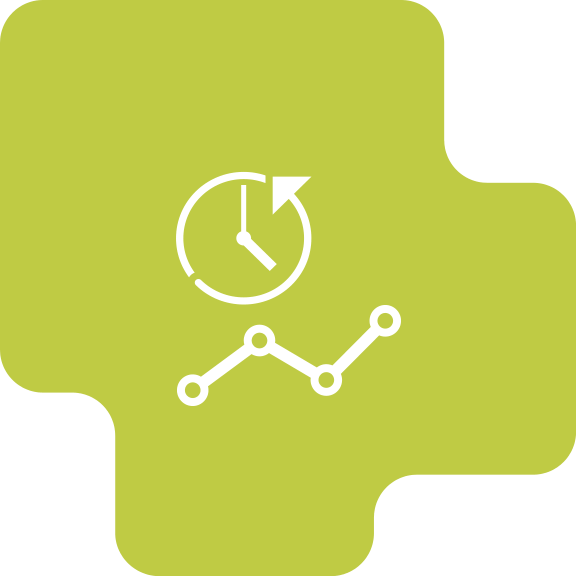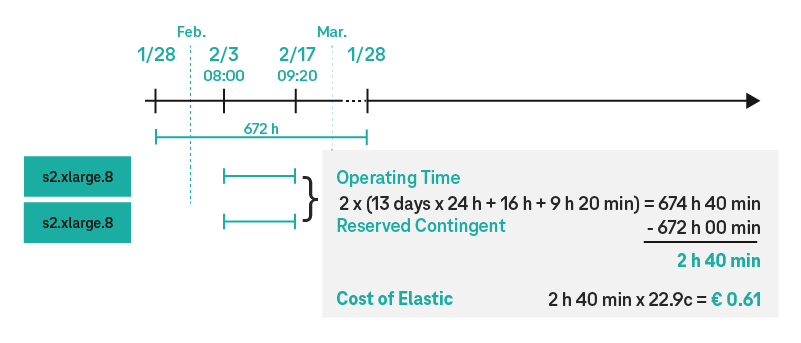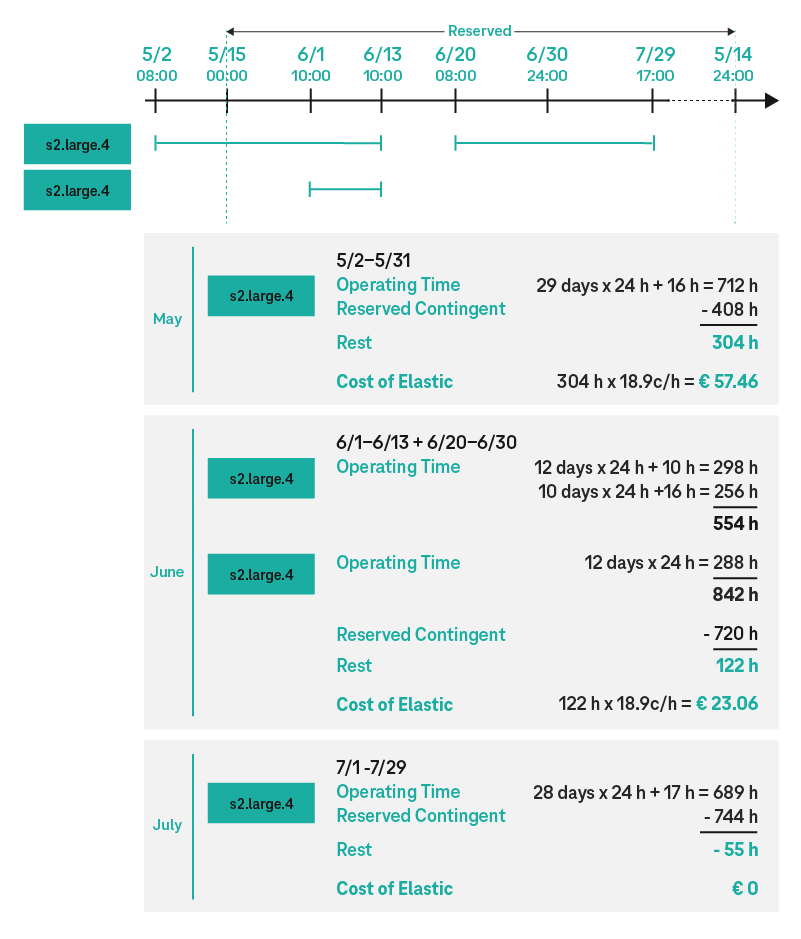For the core offer of the Elastic Cloud Server, in addition to hourly pay-as-you-go models, there are also discounted reserved models available. These offer discounts to users of up to 60 percent on regular orders of resources over 12 or 24 months. Two discount models are available: monthly advance payments and prefinancing of the entire period (upfront). The upfront model offers the biggest discounts.
Take advantage of our consulting services!
Our experts will be happy to help you.
Hotline: 24 hours a day, seven days a week








